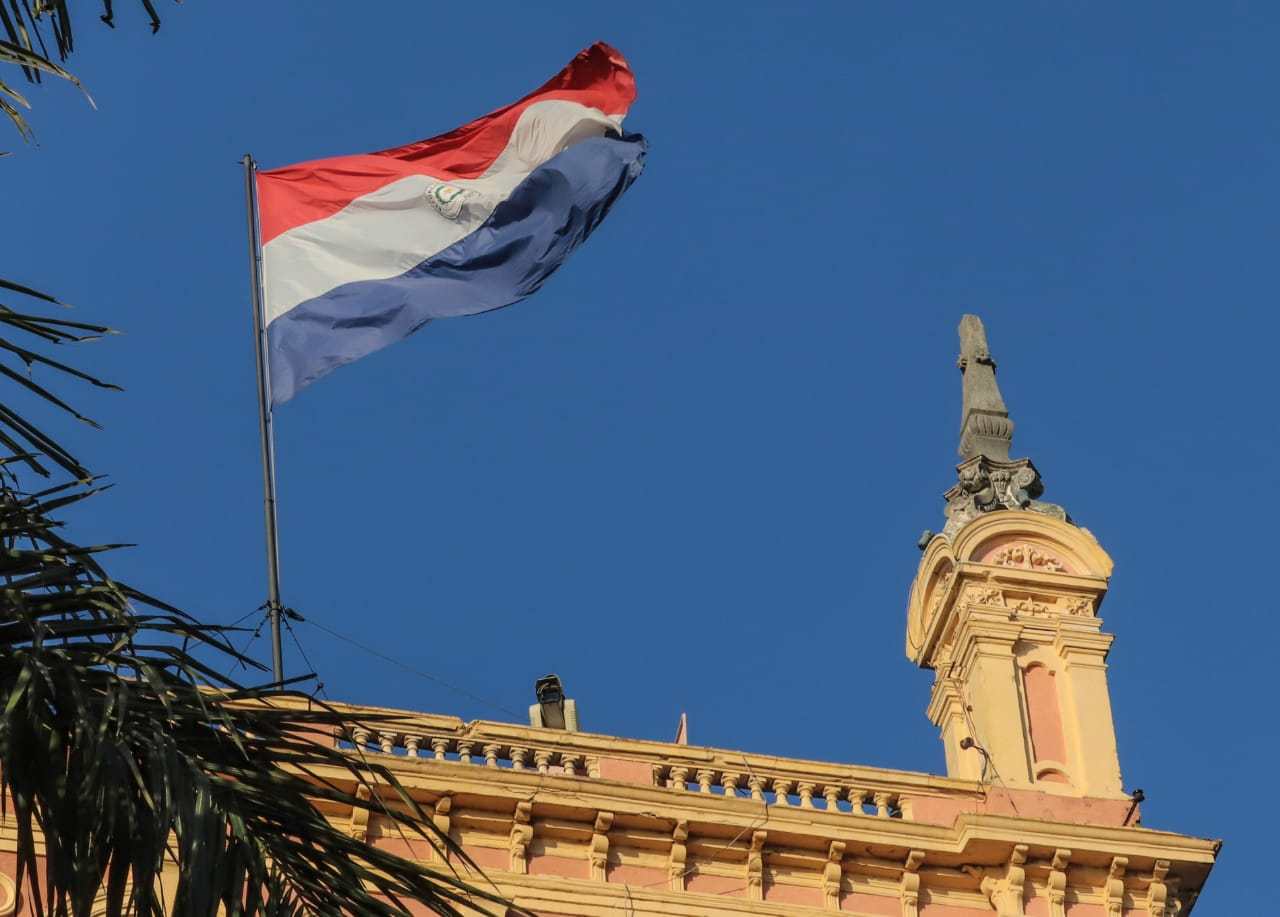Copaco, Paraguay’s public telecommunications operator, and Arsat, Argentina’s satellite company, have just begun talks to move forward with an interconnection and exchange agreement.
It is an important announcement, especially when the country is redoubling its actions and bets to advance in its digital transformation with a social focus.
The meeting between the Argentinean and Paraguayan companies took place this Thursday at Arsat’s ground station in Benavidez, where data center solutions will also be offered.
The diplomatic delegations of both countries were present and proposed to establish a memorandum of understanding to strengthen the bilateral link.

“Being a Mediterranean country and not having access to the coasts, the Internet service in Paraguay is high”, explained Hernán Franco, Copaco’s Business Management and Regulation Manager, and added that “this agreement aims at overcoming some barriers and lowering the price of the service in our country”.
“For us, the data center of the Earth Station is a very valuable source of resources”, said David Ocampos, vice-president of the Ministry of Information and Communication Technologies (Mitic) of Paraguay, and added that “if we can build this road, it will be a great leap in quality for our providers in Paraguay and we will be able to lower the cost of services”.
Concerning Copaco, it should also be recalled that three months ago, the company announced a plan to deploy fiber optics and mobile telephony coverage, for which it promised to invest around US$10 million up to 2023.
At that time, Sante Vallese, president of the company, had given a status report in which he explained that the urgency was divided between the need to solve inherited debts and to invest in growing in capillarity; at the same time, he said that its fiber optic Internet coverage reaches 300 neighborhoods in 33 cities, where it guarantees 40,000 connections.
The efforts were felt, especially in 2021, since the network laying was doubled by deploying almost 3,700 kilometers of optical fiber throughout the country and exceeding the 8,000 kilometers of fiber built since the beginning of the management in 2018.
Around those days, the National Telecommunications Commission (Conatel) also published the final document of its National Telecommunications Plan 2021-2025 (PNT 21-25).
It established the guidelines from which it planned to advance in expanding its telecommunications networks and improving the quality of its services, but, above all, to move towards 5G.
The planned focus involves announcing the tenders in 2023, putting them out to tender the following year, and covering half of the population by 2025.
The truth is that Paraguay’s commitment has a strong social focus and is evident, for example, in the digital transformation involving its public healthcare system.
Between January and August 2022, for example, more than 3.1 million consultations were recorded through its Hospital Information System (HIS), which meant an accumulated 7,619,275 consultations completed since its launch in 2017.
The HIS is a technology implemented in 140 healthcare facilities throughout the country, which streamlines and improves the quality of patient care processes, which is possible thanks to the fact that these institutions have fiber connectivity.
In this case, it is an initiative promoted by the Ministry of Public Health and Social Welfare (MSPyBS), which had the support of the government of the Republic of China (Taiwan) as the supplier of the computer system, and was joined by Mitic and the Inter-American Development Bank (IDB), among other entities.
Other examples of this transformation are the initiative developed by the National Directorate of Public Procurement (DNCP) to digitalize all its procurement processes, the location of 320 free Internet access points in public spaces, and the fact that more than 400,000 citizens have electronic identity certificates.
“As far as the State is concerned, we are moving towards a zero paper management,” said María Inés Mignaco, general director of the Digital Agenda Program Executive Unit.
She said that “agile and efficient services are projected; secure, reliable, organized and used information, allowing the appropriate analysis for decision making related to operational, strategic and public policy actions”.
Just a few weeks ago, Mitic also sealed a two-year agreement with Ruta N Medellin, an innovation and business center that from that city in Ecuador, promotes the development of science and technology to enable industrial development and which Paraguay hopes will be its partner to develop the ecosystem that will allow its growth.
With information from Telesemana

